Learn more about our partners
China Council for The Promotion of International Trade (CCPIT TEX)
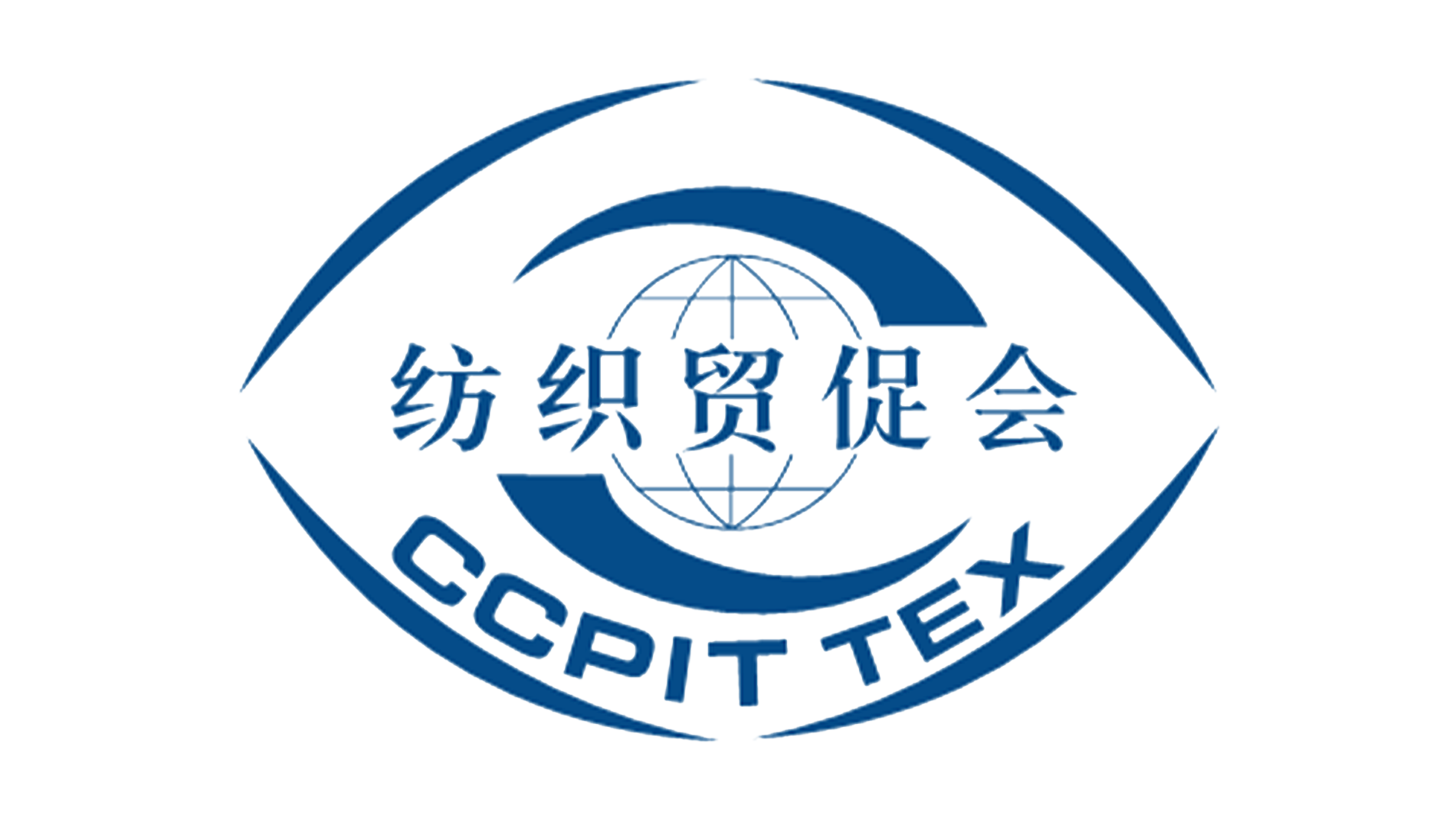
Established in 1988, the Sub-Council of Textile Industry, China Council for the Promotion of International Trade (CCPIT TEX) is named at the same time “Textile Industry Chamber of Commerce, China Chamber of International Commerce” and “Textile International Trade Promotion Center”, which belongs to China National Textile & Apparel Council (CNTAC). CCPIT TEX is under the leadership of the China Council for the Promotion of International Trade (CCPIT) and the China National Textile & Apparel Council (CNTAC). After its establishment, CCPIT TEX is devoted to the promotion of trade contact and economic cooperation in the textile and garment industry and enterprises, CCPIT TEX is doing all the best for the continuous development of the textile industry.
Federation of Indian Export Organisations (FIEO)
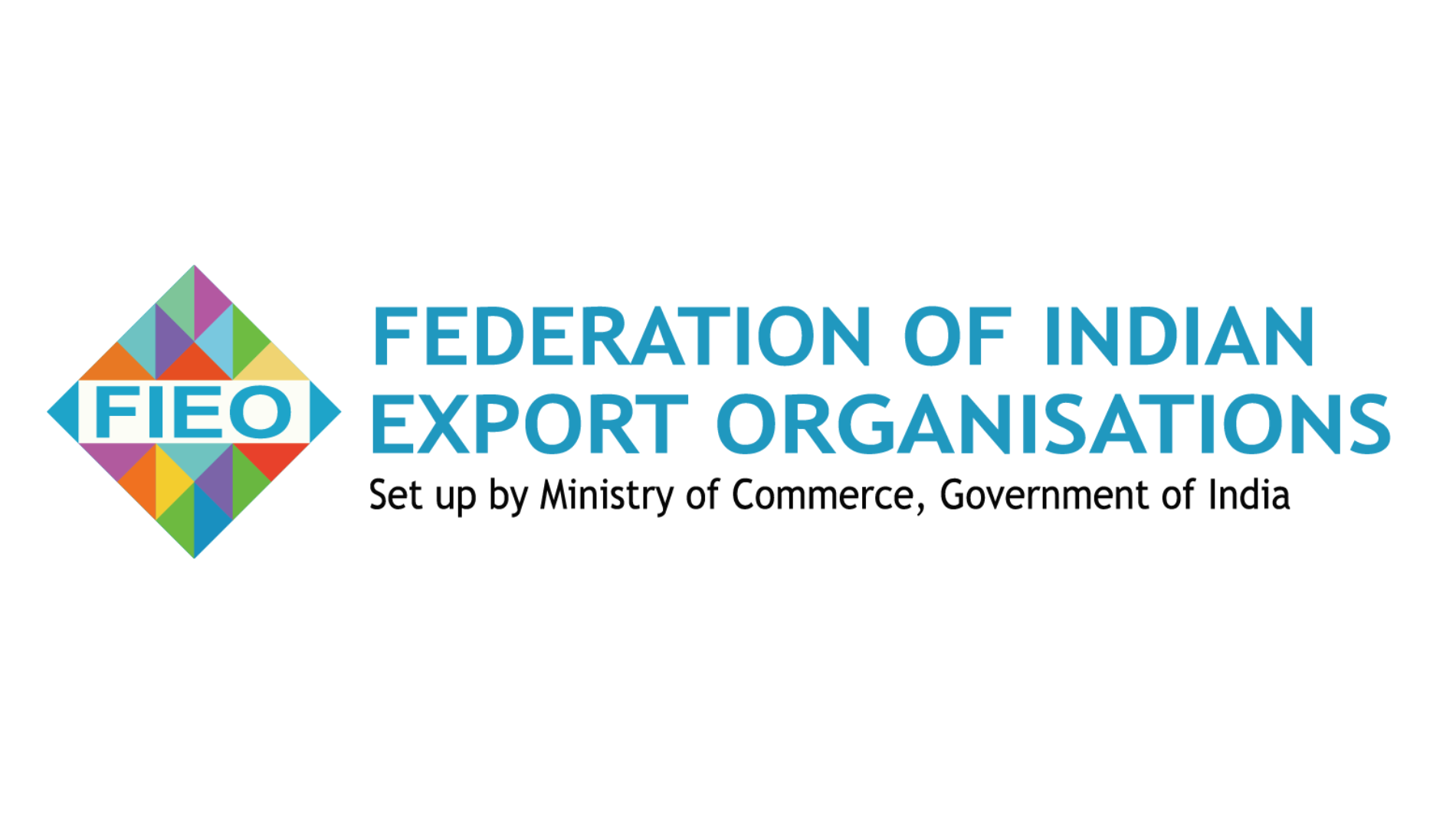
Federation of Indian Export Organisations (FIEO) is the Apex body of the Government recognised Export Promotion Councils, Commodity Boards and Export Development Authorities in India, set up in 1965 by Ministry of Commerce, Govt. of India to focus the efforts of all stakeholders engaged in promotion of trade from India. FIEO Provides the crucial interface between India’s exporters and Importers with International Trading community globally. With more than 35,000 members, FIEO directly and indirectly provide market support for over 200,000 exporters from every Industry sector in India.
The Trade Development Authority of Pakistan (TDAP)
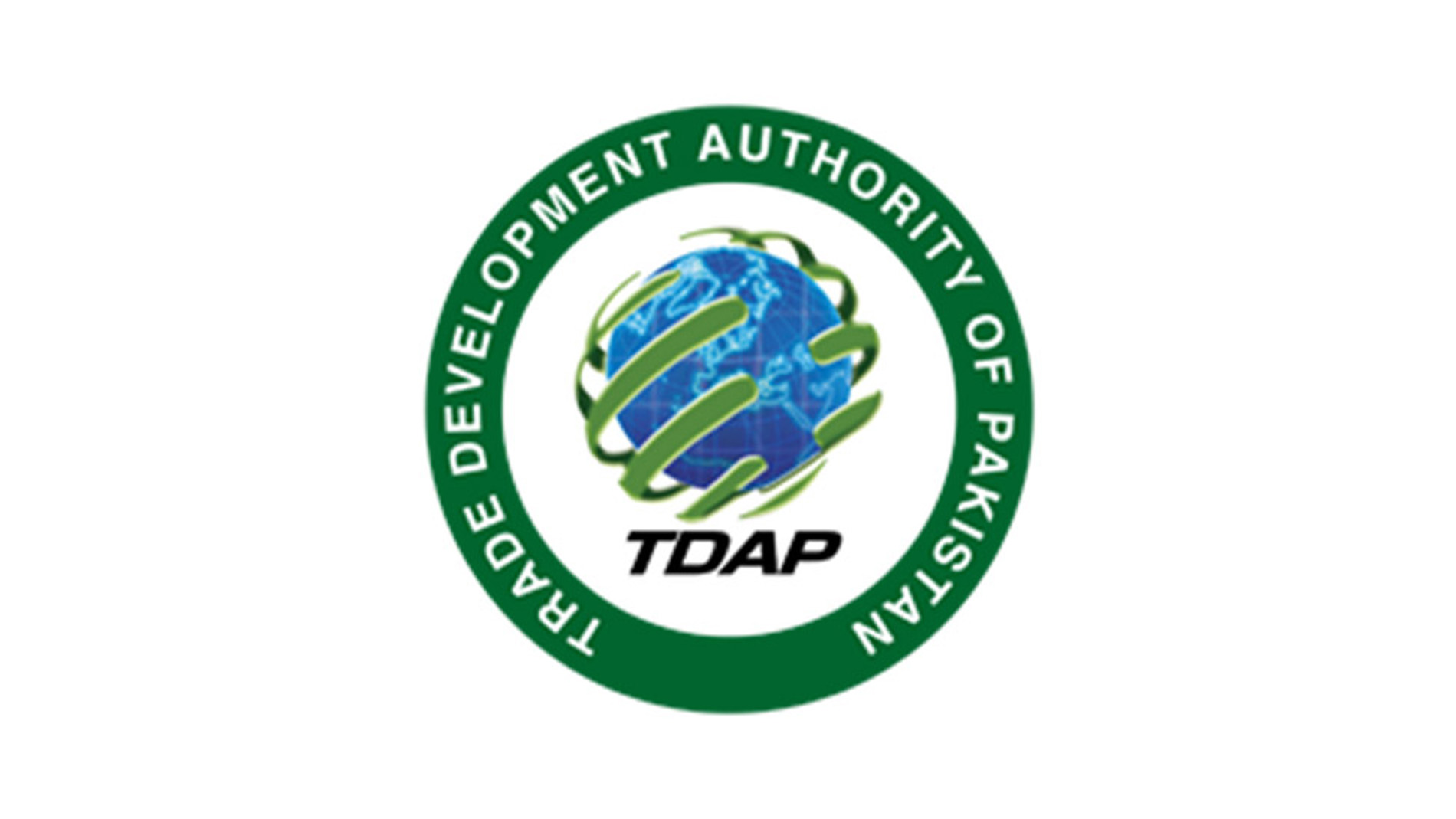
The Trade Development Authority of Pakistan (TDAP), which was established on November 8, 2006, under a Presidential Ordinance, shall have Ministry of Commerce as its administrative ministry. TDAP is the successor organization to the Export Promotion Bureau (EPB) and is mandated to have a holistic view of global trade development rather than only the ‘export promotion’ perspective of its predecessor. Designated as the premier trade organization of the country, TDAP shall be a dedicated, effective, and an empowered organization, which shall be professionally managed.
The Department of Handlooms, Handicrafts, Textiles & Khadi
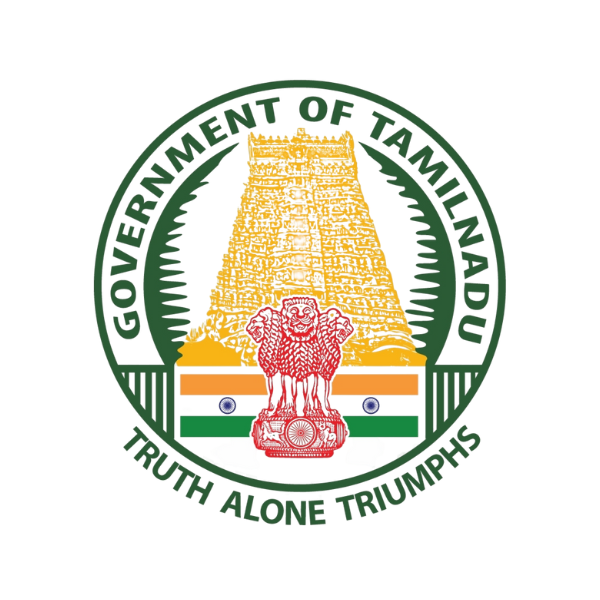
The Department of Handlooms, Handicrafts, Textiles & Khadi, Government of Tamil Nadu, spearheads the promotion and holistic development of the state's rich textile ecosystem—from handloom and powerloom to sericulture, garmenting, handicrafts, and Khadi. As home to over half of India's fiber textile mills, the department plays a pivotal role in enhancing infrastructure, enabling modernization, supporting artisan welfare, and nurturing global competitiveness. It oversees Geographical Indication–tagged treasures like Kanchipuram silk, Bhavani jamakkalams, and Kovai Cora cotton, while implementing welfare schemes such as free electricity to weavers and support for cooperatives like Co-optex. By coordinating interventions across the entire value chain and partnering with industry and artisans alike, the department sustains Tamil Nadu’s legacy as "the Manchester of South India" and strengthens its position as a national textile powerhouse
Handloom Export Promotion Council (HEPC)
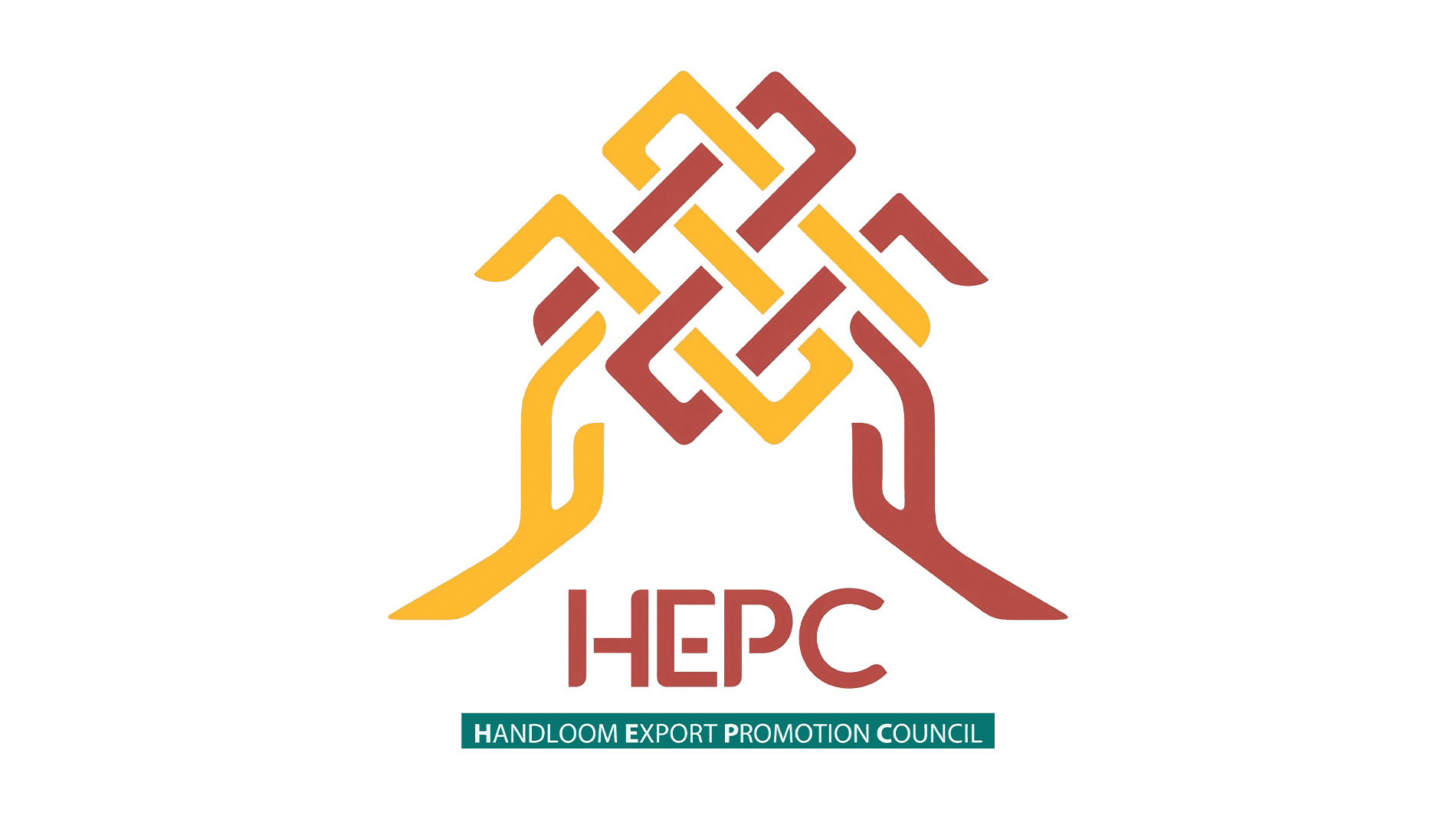
The Handloom Export Promotion Council (HEPC), established in 1965 under the Ministry of Textiles, promotes Indian handloom exports like fabrics, furnishings, and carpets. Based in Chennai with a New Delhi office, HEPC supports 1,700 members through trade missions, fairs, market studies, and policy advocacy. It offers financial grants, design support, and resources for innovation and quality improvement. HEPC bridges the gap between the government and trade, resolves disputes, disseminates market insights, and strengthens global handloom exports.
Uzbekistan Textile and Garment Industry Association (Uztextileprom)
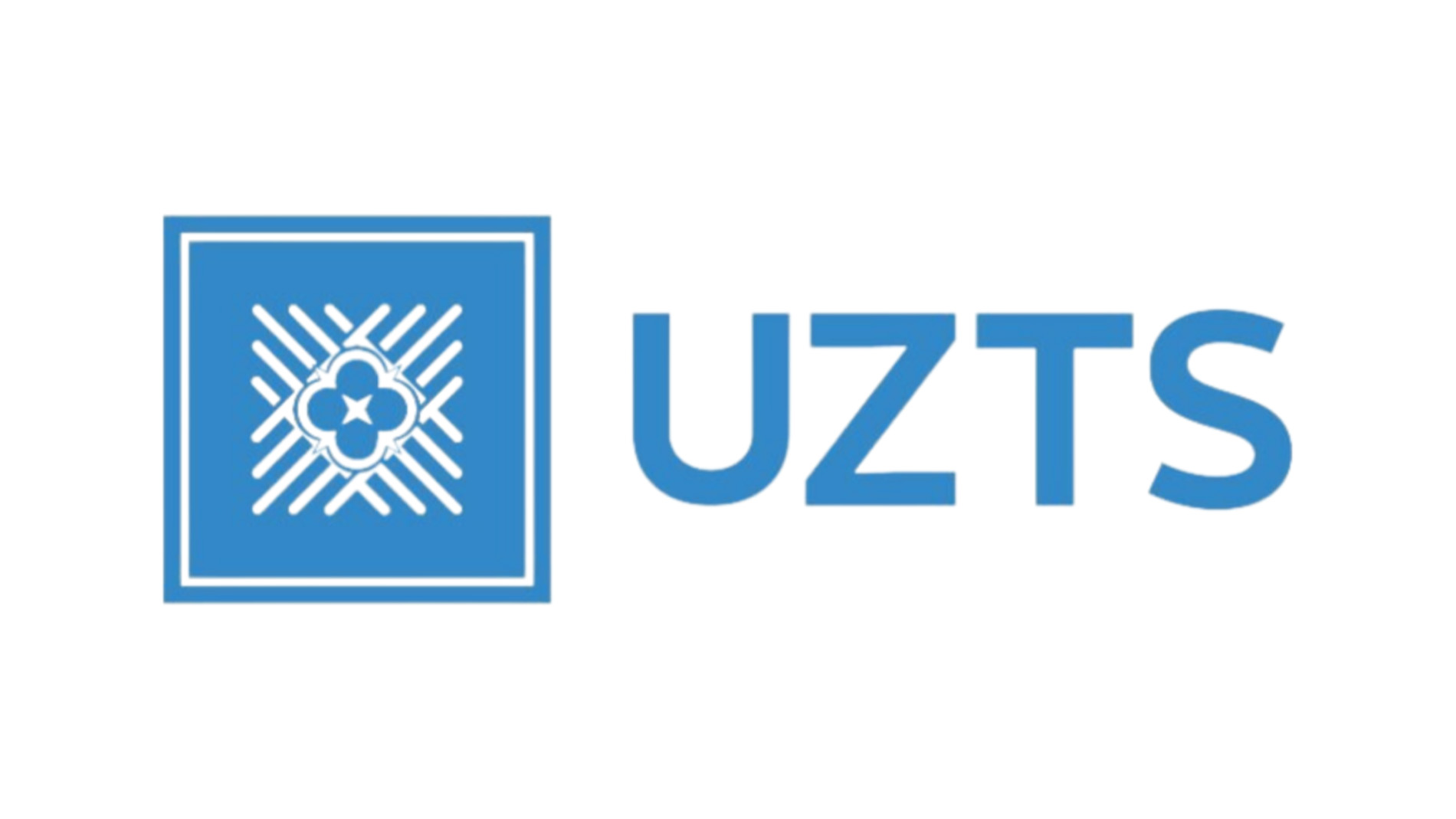
The Uzbekistan Textile and Garment Industry Association, known as Uztextileprom, is a non-profit organization established in 2017 to support and develop the country's textile and apparel sector. Representing over 2,000 member organizations, it acts as a link between the government and private industry, promoting international collaboration, sustainable practices, and export growth. The association supports the creation of cotton-textile clusters to improve efficiency and traceability across the value chain, and it organizes major industry events like Tashkent Textile Week. With backing from global institutions like the ITMF, IFC, and the World Bank, Uztextileprom aims to position Uzbekistan as a major player in the global textile market, targeting $6.5 billion in exports by 2026.
